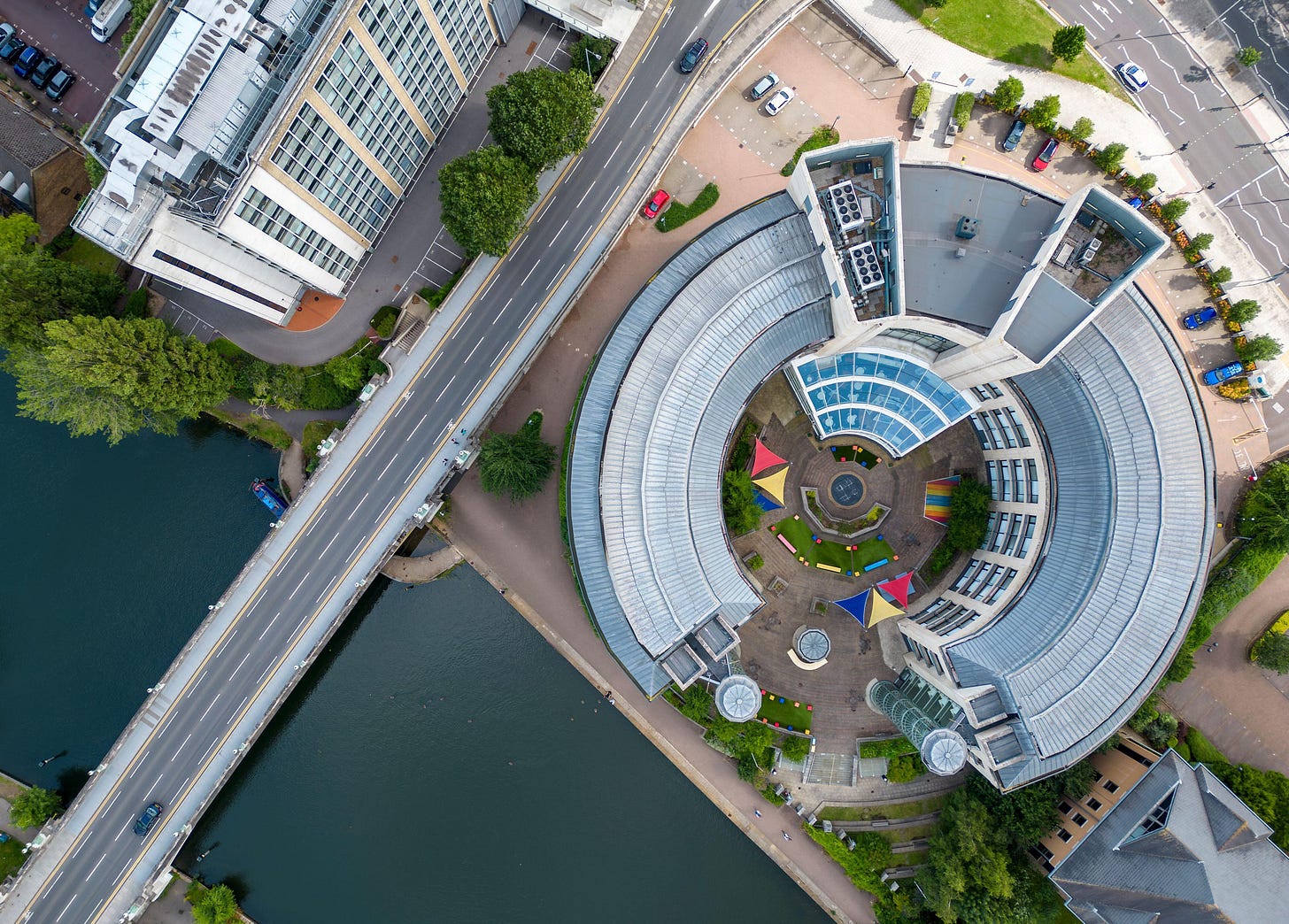Leech gambles on good faith for Thames Water
The bondholders are being trusted to behave in a responsible manner but there is little incentive for them to do so.
The prospect of looming bankruptcy has concentrated minds at Thames Water wonderfully. Most impressively, that of Mr Justice Leech, who this week produced a 178-page judgment which, by legal standards, is almost instantaneous. Both the speed and thoroughness of his analysis could serve as a template to some of his colleagues toiling over complex legal questions.
And yet… this whole legal boondoggle, with lawyers and advisers eating at the rate of £20m a day, has done little more than get Thames round the next financial corner on March 24. The judge has found for the £16bn majority creditors, rejecting both the £1bn of lower-ranking holders, as well as the option of a government-backed special administration regime.
The lower-rankers plan to appeal. Thames has also formally appealed against the decision from Ofwat, the regulator, to impose a 35 per cent increase in water bills. The company wants 53 per cent. The precedent here is against Ofwat, since it was overruled by the Competition and Markets Authority last time around, so the customers might expect the worst.
As the judge said, the scale of costs in all this is “eye-watering”. Half the £3bn “rescue” money will go in fees and interest before it even gets to the Thames coffers. In his judgment, he accepted that this will effectively be paid by the winning creditors in the form of a haircut on the book value of their debt.
Let us hope so. It would look more convincing if the new money - whose providers are now, subject to appeal, effectively the owners of the business - was not bearing interest at an unsustainable rate, or indeed, at all. However, their £16bn is currently trading at about £12bn, so if that reflects the size of the haircut, they will effectively be paying the legal costs several times over.
And so they should, for the folly of lending so much to a business whose balance sheet was already too weak a decade ago to finance the supersewer, and has deteriorated since. Despite the judge’s confidence, it remains to be seen whether they, or the captive customers, will end up paying. In court, the bondholders emphasised the danger of a death spiral, where fines for failure to meet the demands of the licence mean less money to fix things, leading to more fines.
As for the SAR, there was much weeping of crocodile tears about the damage administration would do to foreign confidence in UK investing. History shows that the prospect of an attractive investment will quickly outweigh the fading pain of previous losses. Mexico managed to borrow for 100 years, despite having defaulted half a dozen times in the previous century.
The judge also referred to the public interest in avoiding what could be a chaotic administration. Since Thames is so obviously in breach of its operating licence, this still looks like an obvious way forward, as Charlie Maynard, the only person speaking (unpaid) for the customers, urged.
Shorn of its debts, Thames becomes the cash generator it was when it was privatised in 1989. The state could swiftly return it to the stock market, leaving the creditors of old Thames to fight among themselves for the proceeds. It is worth noting that the other two major water companies, United Utilities and Severn Trent, both of which have remained as listed companies, have accepted Ofwat’s latest pricing proposals.
It is hard to see the result of this case drawing a line under Thames’s miseries.The usual private equity suspects are already circling. The bondholders are being trusted to behave in a responsible manner, where there seems little incentive for them to do so. Had they offered rescue finance at, say, one per cent rather than nine per cent (plus fees), their good faith might look more convincing. That is the gamble that the judge has taken. Let us hope he is right.



